Intro
Boost your chances of getting pregnant with our expert advice. Discover 7 evidence-based tips to conceive faster, including optimizing fertility windows, healthy lifestyle habits, and stress management techniques. Learn how to enhance your reproductive health, overcome common conception obstacles, and increase your chances of a successful pregnancy.
Getting pregnant can be a thrilling experience for many couples, but it can also be a challenging and frustrating process for those who struggle with fertility. While there is no guaranteed way to get pregnant faster, there are several tips that can increase your chances of conceiving quickly. In this article, we will explore seven tips to help you get pregnant faster.
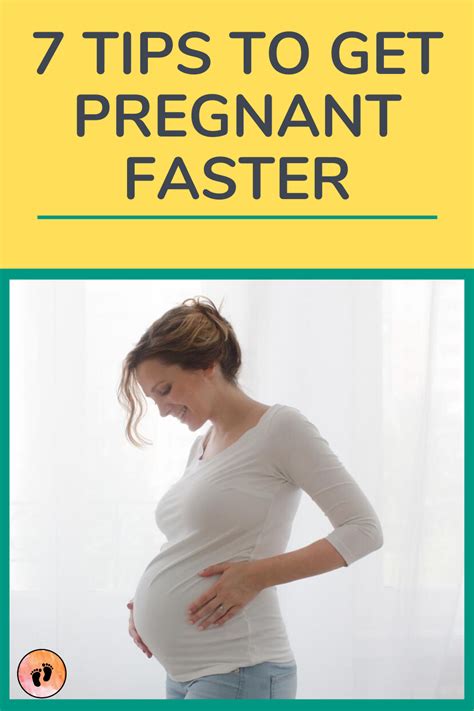
First and foremost, it's essential to understand the basics of fertility and how it affects your chances of getting pregnant. Fertility peaks in women during their early to mid-twenties and declines with age. Men's fertility also declines with age, but not as significantly as women's. Understanding your fertility window and the factors that affect it can help you make informed decisions about when to try to conceive.
Tip 1: Track Your Ovulation
Tracking your ovulation is crucial to getting pregnant faster. Ovulation typically occurs once a month, and it's the time when your body releases an egg from the ovary. To increase your chances of getting pregnant, you need to have sex during the fertile window, which is the five days leading up to ovulation and the day of ovulation itself.
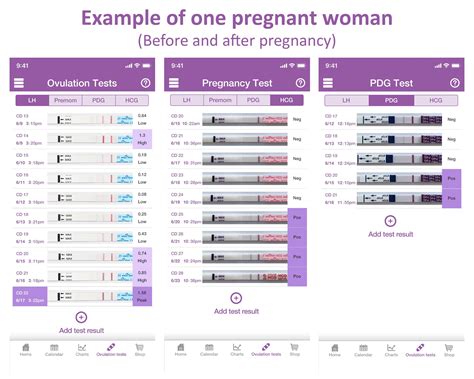
There are several ways to track your ovulation, including:
- Using a basal body thermometer to track your temperature
- Using ovulation predictor kits (OPKs) to detect the luteinizing hormone (LH) surge
- Monitoring your cervical mucus to detect the fertile window
- Using a fertility app to track your cycle and predict ovulation
Tip 2: Maintain a Healthy Weight
Maintaining a healthy weight is essential for fertility. Being underweight or overweight can affect your hormone levels, ovulation, and overall fertility. A healthy weight can also reduce the risk of pregnancy complications and improve your overall health.
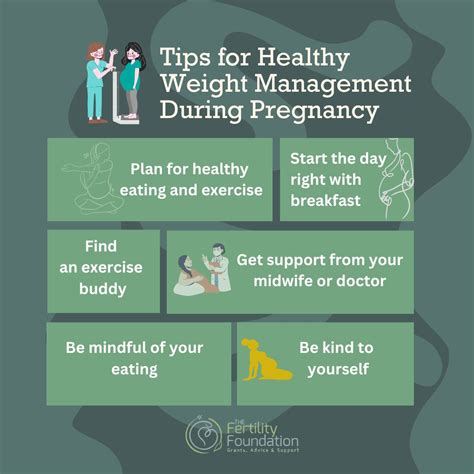
Aim for a body mass index (BMI) between 18.5 and 24.9, and focus on eating a balanced diet that includes plenty of fruits, vegetables, whole grains, and lean protein sources. Regular exercise can also help you maintain a healthy weight and improve your fertility.
Tip 3: Reduce Stress
Stress can negatively affect your fertility by disrupting your hormone levels and ovulation. High levels of stress can also lead to anxiety and depression, which can further impact your fertility.

To reduce stress, try:
- Practicing relaxation techniques such as meditation, yoga, or deep breathing
- Getting enough sleep and maintaining a regular sleep schedule
- Engaging in activities that bring you joy and relaxation
- Seeking support from friends, family, or a therapist
Tip 4: Quit Smoking
Smoking is a significant risk factor for infertility, and quitting can improve your fertility and overall health. Smoking can damage your eggs and reduce your chances of getting pregnant.
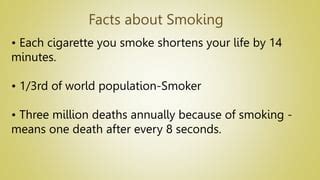
To quit smoking, try:
- Setting a quit date and making a plan
- Getting support from friends, family, or a support group
- Using nicotine replacement therapy or prescription medications
- Engaging in activities that distract you from cravings
Tip 5: Limit Caffeine and Alcohol
High levels of caffeine and alcohol consumption can negatively affect your fertility. Limiting your intake of these substances can improve your chances of getting pregnant.
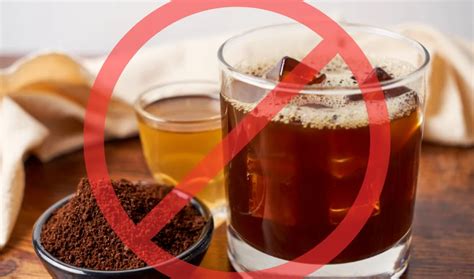
Aim to limit your caffeine intake to less than 200mg per day, and avoid excessive alcohol consumption. If you're trying to get pregnant, consider cutting back on caffeine and alcohol altogether.
Tip 6: Eat a Fertility-Friendly Diet
Eating a fertility-friendly diet can improve your chances of getting pregnant. Focus on consuming foods that are rich in antioxidants, fiber, and essential nutrients.
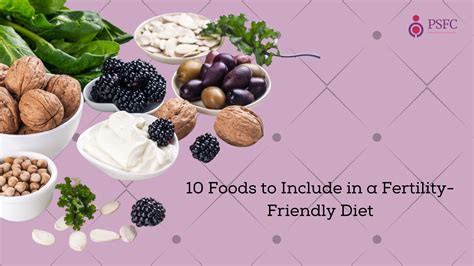
Include foods such as:
- Leafy greens like spinach and kale
- Berries and other antioxidant-rich fruits
- Fatty fish like salmon and sardines
- Whole grains like brown rice and quinoa
- Legumes like lentils and chickpeas
Tip 7: Consider Supplements
Certain supplements can improve your fertility and increase your chances of getting pregnant. Consider taking:
- Folic acid to support fetal development and prevent birth defects
- Omega-3 fatty acids to support hormone production and ovulation
- Vitamin D to regulate hormone levels and improve fertility
- Probiotics to support gut health and immune function
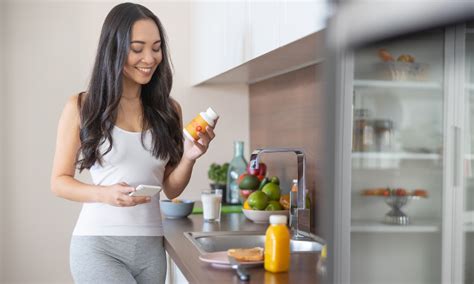
Remember to always consult with your healthcare provider before starting any supplements, as they can interact with medications and have adverse effects.
Getting pregnant can be a challenging and emotional process, but by following these seven tips, you can improve your chances of conceiving quickly. Remember to stay positive, focused, and patient, and don't hesitate to seek support from your healthcare provider or a fertility specialist if you need guidance.
How long does it take to get pregnant?
+The time it takes to get pregnant varies from person to person. On average, it can take up to a year for a healthy couple to conceive.
What are the most fertile days of the month?
+The most fertile days of the month are the five days leading up to ovulation and the day of ovulation itself.
Can stress affect fertility?
+Yes, high levels of stress can negatively affect fertility by disrupting hormone levels and ovulation.
